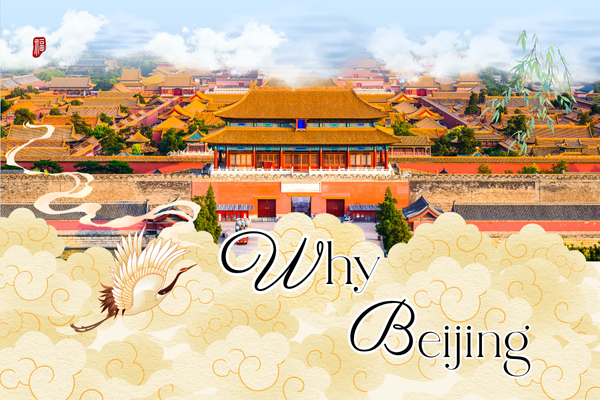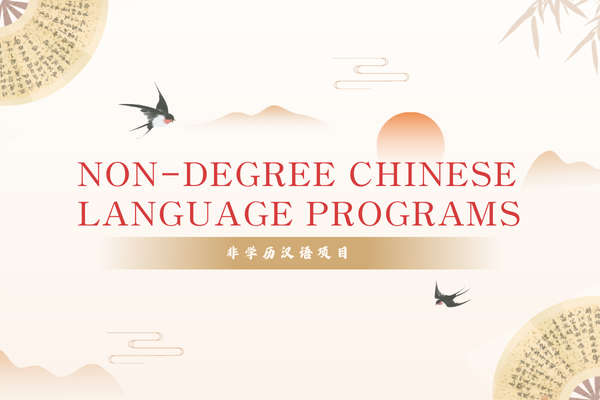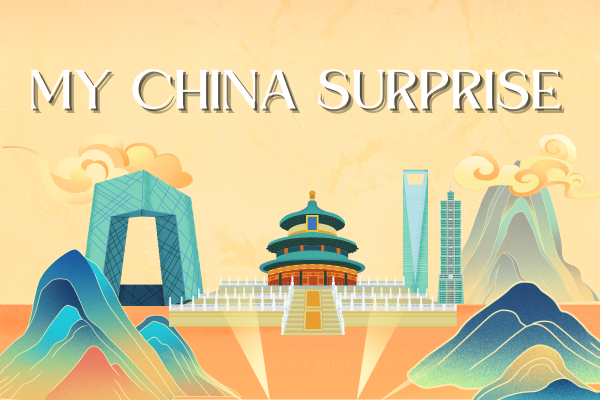《The road I have not taken》
Name:Deng Liping
Nationality:China
University:Guizhou Minzu University
Tutor: Cheng Xuemei
“Two roads diverged in a yellow wood, And sorry I could not travel both. And be one traveler, long I stood, And looked down one as far as I could.”
The words to that effect are drawn from a Robert Frost poem The Road Not Taken. It was something I picked up in a particular Classics Reading class heading into my sixth semester of university, and by far it is the poem that resonated with me the most. At the heart of this short, pithy piece, Frost portrays a traveler on a fork in the road who is unsure of which path to choose. In the end, he opts for a less traveled path, a path that subsequently turns out to be his decision. In retrospect, years later, he could not help but marvel at how different his life would have been if he had chosen another path.

What this poem captures is the universal experience of people facing and grappling with the potential consequences of the decisions they make. Shockingly, many of us struggle with regret after weighing down some important choices, especially when people perceive that alternative paths might have provided a somewhat better outcome. It therefore speaks straightforwardly to the human tendency to dwell on past decisions and question “what if ... would have been”. Yet it also suggests that such speculation is all for naught, for men can never go back in time and take another journey. There is no choice but to travel along the path we take of our choosing. In this sense, then, it encourages us to embrace the consequences of our actions and learn from them, instead of being regretful.
In the lesson, Dr. Lee raised a question, “Have you guys ever had a moment or event that you found regrettable?” At that moment, frankly, it seemed like everything flashed through my mind but then it seemed like nothing at all. “No,” This was my knee-jerk response. Was it honestly “no”? Not really. Previously, I was very prone to repentance, in which almost every single day there would be a moment or a trivial thing that brought me back to my senses. Things like someday saying a word to someone that I should not have said, making an inappropriate reaction, and making choices that I deemed not good enough and afterwards, that I would keep rethinking, putting myself in a state of enduring remorse.
One of the things I regret most is not saying goodbye to my mother on that fateful summer day. I came home from studying to find her gone, and my father’s sorrowful expression revealed the truth: my parents had divorced, and my mother had left without a trace. This news was like a sharp knife piercing my heart, with a huge wave of sadness and regret surging through me. I reflect guiltily on how I treated my mother during those days. If I could go back, knowing that we would likely never see each other again, I would have been more gentle, listened to her, and bid her a proper goodbye. But that assumption is unreasonable. Even if I could turn back time, considering my age and experience, I would still make the very same choice.

Every now and then I miss my mother, and I see that I should have cherished her more. But now, there is nothing more I can do to remedy it, and I can only bear my regrets and sorrows alone. However, this lesson and this poem, make me realize that I cannot dwell on my grief all the time. And even though I could alter, consequences would probably arise that I could not have foreseen or endured. As Frost put it in his poem, “Yet knowing how way leads on to way, I doubted if I should ever come back.” That is to say, I should not glorify another path that I did not choose.
“Have you guys ever had a moment or event that you found regrettable?”, my answer is still “No”.
Meanwhile, The Road Not Taken brings to my mind a Chinese poem written by the poet Du Qiuniang. “Gather sweet blossoms while you may, And not the twig devoid of flowers.” are the last two lines of the poem, as well as the highlights of the whole text. They bluntly convey the poet’s wish that readers should cherish their time and not let down their youth. In my perception, there are some common meanings in both poems, i.e., to advise people: Don’t regret, don’t regret about your own choices.

This was indeed the lesson I had the deepest impression of. It allowed me to reflect on why I am always struggling and regretting the choices I made in the past, and it also allowed me to reconcile with myself to a certain extent. As I continue on my journey, I am reminded that self-forgiveness is an ongoing process. There may be moments of doubt and regret, but I now have the tools to navigate through them. I am no longer defined by my past; instead, I am empowered by the lessons it has taught me. And with this newfound strength, I am ready to embrace the future with open arms.
This Frost poem and this lesson from Dr. Lee have had a profound impact on my life, teaching me to let go of the past, to stop regretting every decision I've made, and to continue on the road that has been chosen for me.





